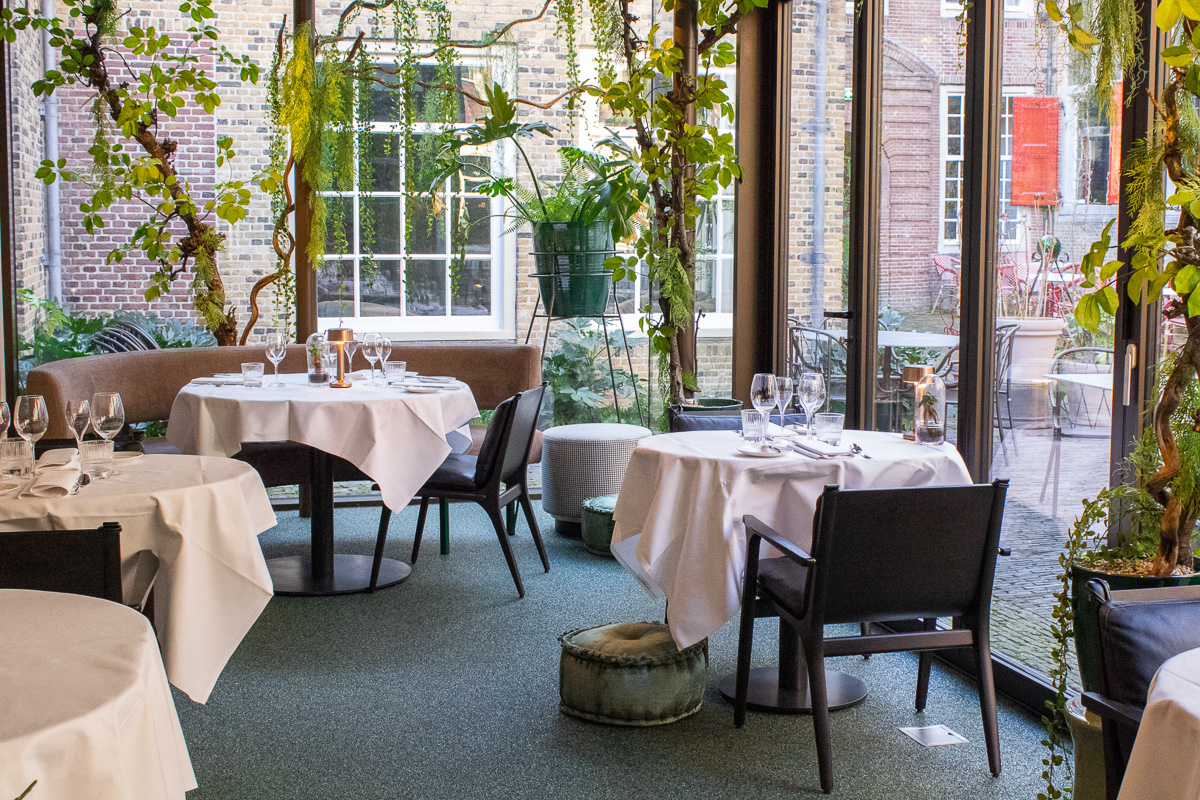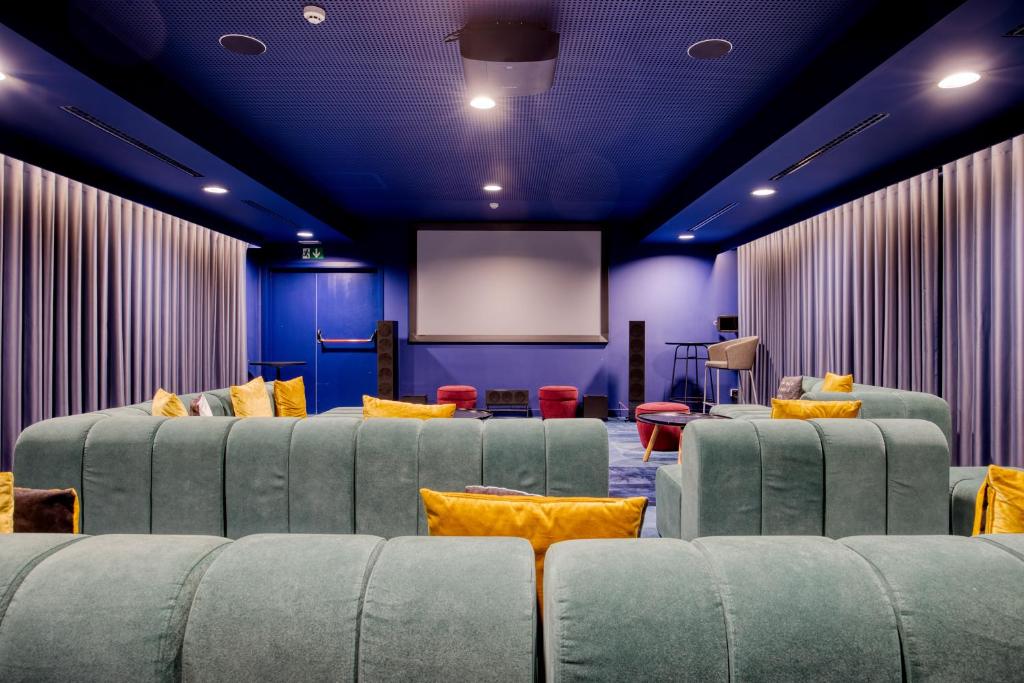Some restaurants set up an entire play area, while others do everything they can to keep children out. Children certainly keep the hospitality industry busy, but do they bring in revenue or drive guests away? Are you team "child-friendly" or "adults-only"?
From my own experience, I know that having children on the floor (especially when running around) can be quite a challenge. Years ago, I worked at a well-known café/restaurant on the edge of Vondelpark in Amsterdam. It was bustling every day, not only on the beautiful terrace but also inside the cosy café and restaurant. Trays full of drinks, spread across two floors, and bowls of hot soup were brought to guests at a rapid pace. While parents enjoyed a wheat beer, children loved to run around. It often happened that I almost tripped over a child, or that boiling hot soup narrowly missed a child’s little neck. At the time, I wasn't particularly fond of children in the hospitality industry—or more accurately, the parents who brought their offspring and then seemed to forget about them.
Permissible Discrimination?
But are you allowed to refuse children? Isn't that age discrimination? I asked Alex Dolphijn, a lawyer at Ludwig & Van Dam Advocaten, who specialises in the hospitality industry and franchise law. We are familiar with adults-only hotels (and the occasional restaurant) and bars that only admit those over 18, but it still feels odd to refuse a family because their four-year-old is with them. Yet it is allowed, says Alex.
In principle, anyone with a business space can decide who is and isn't welcome, as long as you have a good reason and it is objectively measurable. 'Children whining' is not measurable, but age is. Your motivation might be that you don't want children near alcohol, or you want to provide peace and quiet for your guests. No one else needs to know that your ultimate concern is avoiding nuisance and focusing on a well-thought-out adults-only marketing strategy. As long as you have a good reason and the discrimination is objectively measurable, it is allowed. Oh, and don't forget to clearly communicate your rules on all your channels and at the entrance!

Le petit Michelin
Sharon van Gastel, co-owner of boutique hotel Weeshuis Gouda, welcomes families with open arms—not only in the rooms but also in the various dining establishments within the hotel. COCO is a lovely lunch restaurant with more accessible dishes on the menu, but children are also very welcome in the Michelin starred restaurant LIZZ. They even serve a special casual lunch or dinner. Not seven courses, but three. Friendly priced at 59 euros. Ideal if you want to introduce your child to refined cuisine without the risk of whining because it all takes far too long.
For Sharon, families give her hotel a unique charm. They celebrate life together and create a special connection. Yes, even with the children. From the outset, Gouda Weeshuis was designed as a hotel that welcomes everyone, including children. Sharon and her team also go all out during the holidays, which are traditionally celebrated with the family. By excluding children, she would be alienating a large part of her target group. At Gouda Weeshuis, they fortunately don’t have any issues with troublesome kids, although Sharon understands why some entrepreneurs choose to keep children out. You create peace, space, and relaxation for adults but prevent families from coming together for beautiful moments. For Sharon, the choice was clear: family life is central to everything she does.
In addition to a tailored menu (and please, no chicken nuggets or spaghetti with tomato sauce!), you might also consider offering smaller portions of your dishes so that children can enjoy a meal with their parents.

Advantages and disadvantages
I've already mentioned that you see it more often in hotels: adults only. No children under sixteen welcome. However, most hotels still cater to families. Some hotels specifically target families with children. For example, at B&B HOTELS, young guests up to a certain age stay for free when travelling with their families. B&B HOTELS, with locations throughout Europe, offers affordable, comfortable, and practical accommodations. High quality at a reasonable price, as described by Grégory Marchand, Director of Sales & Revenue for B&B HOTELS Belgium. He explains what else they do for families. Like having family rooms, offering children's discounts on breakfast, and providing family-friendly offers. Most hotels have play areas and other child-friendly facilities, such as cots and games. B&B HOTEL Brussels Centre Louise even has a cinema. Other initiatives include packages with entrance tickets to attractions or special weekends with events and activities centred around a theme.
It’s all great for families and children, but what’s in it for the hotel? Grégory explains that by appealing to a broader target group, they achieve higher occupancy rates, increased customer satisfaction and loyalty, more positive reviews, and additional income from family packages and facilities. Families are also more likely to return to places they enjoyed, stay longer, and spend more money. It all sounds very appealing. However, Grégory also acknowledges the challenges, such as higher maintenance and cleaning costs due to more intensive use of rooms and facilities, and the need for extra staff training to handle children.
Choosing to cater to a specific target group seeking a serene holiday or dining experience can be a strategic decision. However, excluding families can limit the number of potential guests. Ultimately, whether such a strategy makes sense depends on the location and the concept.
Do you want the Netherlands to know that you welcome families with open arms, or that you offer an oasis of peace? Contact us to start your PR and/or social media journey with Typhoon Hospitality.
Katja Brokke,
Senior copywriter



